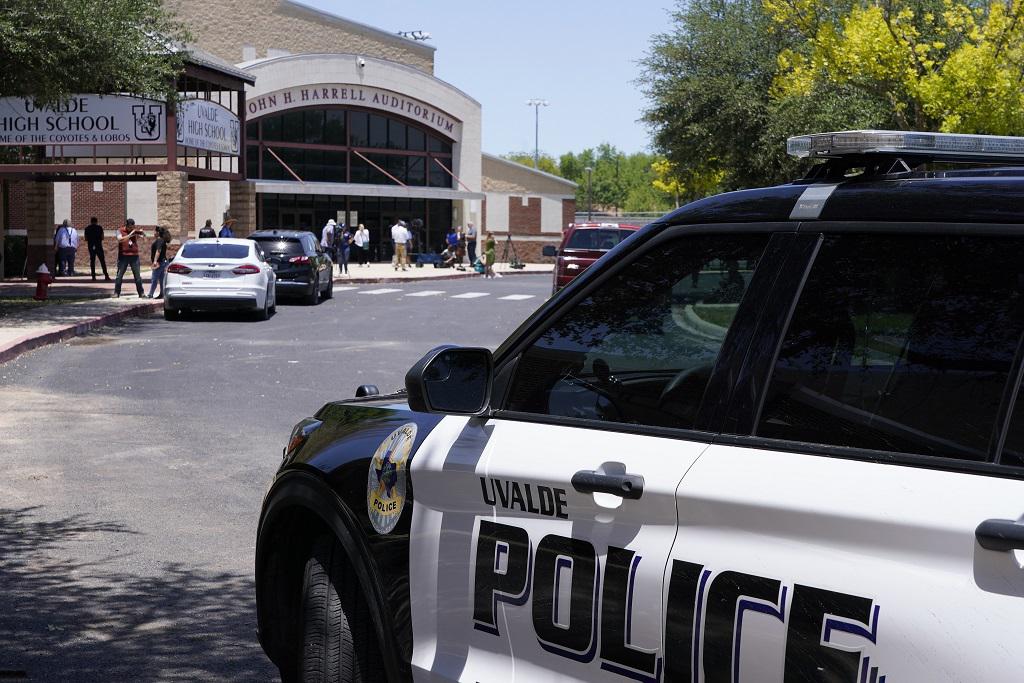- Joined
- Oct 22, 2002
- Messages
- 46,518
- Location
- Frozen in Michigan
- Gender
- Old Fart
- Basic Beliefs
- Don't be a dick.

Why Are Police So Bad at Their Jobs?
It’s not just Uvalde. Cops nationwide can’t stop crimes from happening or solve them once they’ve occurred.
People have every right to be concerned about rising murder rates. But another concerning statistic involves the fact that the nationwide “crime wave,” in both its real and imagined components, has been met with a similar nationwide collapse in “clearance rates,” the rate at which those crimes are “solved” via an arrest and a charge being brought (there are, of course, plenty of reasons to take issue with equating an arrest to a crime being solved—more on that later). According to the most recent data published by the FBI, the rates at which police forces are solving crimes have plunged to historic lows. In the case of murders and violent crime, clearance rates have dipped to just 50 percent, a startling decline from the 1980s, when police cleared 70 percent of all homicides.
It’s not just murder. Manslaughter is down to 69 percent clearance from 90 percent forty years ago. Clearances in assault and rape cases have dropped to 47 percent and 30 percent, respectively. Nonviolent property crimes like burglary (which involves illegally entering a property), theft (which involves taking property from another person), and motor vehicle theft are getting solved at a microscopic 14 percent, 15 percent, and 12 percent, respectively. According to “Crime and the Mythology of Police,” a recent article published in the Washington University Law Review by University of Utah law professor Shima Baradaran Baughman, “on a good year, police solve less than a quarter of reported cases.” And we haven’t seen good years lately.
On a city-by-city basis, these figures look even more galling. In San Francisco, supposedly in the midst of a historic crime spree that has been blamed on progressive district attorney Chesa Boudin (who faces a recall election next Tuesday), the Department of Police Accountability last year opened 595 cases looking into alleged police wrongdoing. By far, the largest percentage of those cases, 42.6 percent, were found to be related to “neglect of duty.” In 2016, neglect of duty counted for less than a third of cases. And according to city supervisor Hillary Ronen, of all the crimes reported in San Francisco in 2021, just 8.1 percent led to arrests, the lowest rate in a decade. In cities across the country, police forces are proving historically unwilling or unable to solve crimes.
Thoughts?It’s clear that those record police budgets aren’t keeping crime from happening, or else the alleged record crime wave that has been covered breathlessly by local and national media would not be happening. There is evidence that more resources specifically for investigative work can improve clearance rates, but that’s far different from what today’s police budgets prioritize—mostly presence on the streets.
